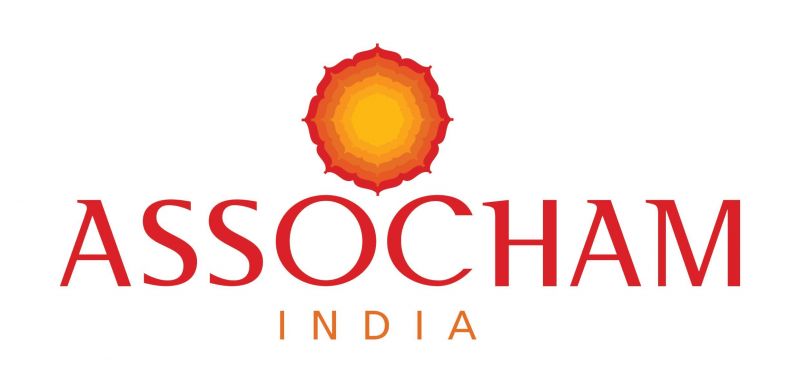New Delhi [India], Jan 3 (ANI): Taking cognisance of the costs pertaining to finance, energy and logistics/transportation in the consumer electronics sector, apex industry body ASSOCHAM recommended the Union Government to allow weighted deduction of 150-200 per cent of the actual cost on specified components.
“Further, these costs are auditable and duly included in the financial statements of a company,” the ASSOCHAM said, in its pre-budget recommendations on direct taxes, submitted to the Centre.
With a view to revive private investments in the electronics sector, ASSOCHAM suggested that venture capital pool might be initiated and coordinated by a bank/special purpose vehicle (SPV) or under public-private partnership (PPP) mode.
While contributors might be offered tax incentives on the dividend, manufacturers might be provided with tax exemptions, the chamber noted.
“In order to boost the availability of capital funds to India’s USD 100 billion worth electronics industry, it is imperative that a venture capital pool is created and allied tax incentive provided to enable genuine private players to use funds of such pool through a stringent mechanism,” DS Rawat, ASSOCHAM secretary general, said.
To further make the business competitive in the electronics sector, ASSOCHAM recommended the government to link the India BPO Promotion Scheme (IBPS) with a direct tax benefit.
“The government should allow assesses to claim depreciation on assets funded by government subsidy under the IBPS scheme,” it argued.
ASSOCHAM, however, claimed that the government did not receive expected response under this scheme – one reason could be that overall benefit under this scheme will be reduced by 33 per cent as the assesses cannot claim depreciation on assets funded by the government subsidy.
Further, the chamber highlighted there was currently a dispute in the taxability of royalty in case of software (being a copyrighted article) that forms part of the hardware.
Therefore, in order to avoid litigation and in line with global principles for taxation of software and judicial pronouncements of the Supreme Court in case of customs and service tax, ASSOCHAM recommended that it should be clarified that distribution of copyrighted articles being software forming an integral part of hardware would not fall within the ambit of ‘royalty.’ (ANI)

